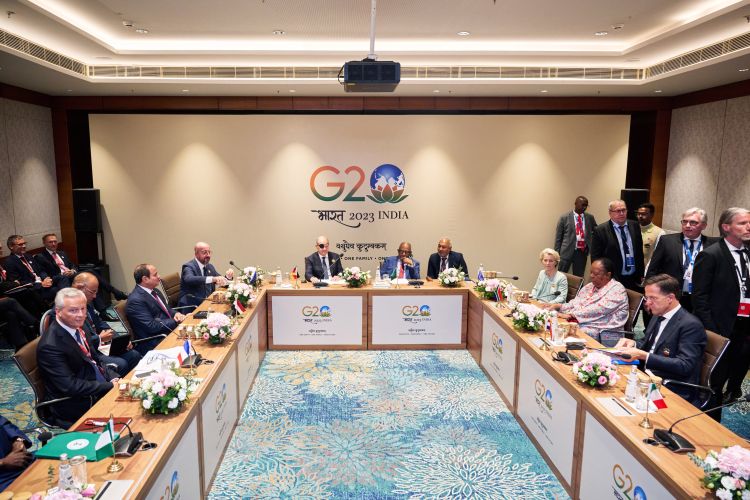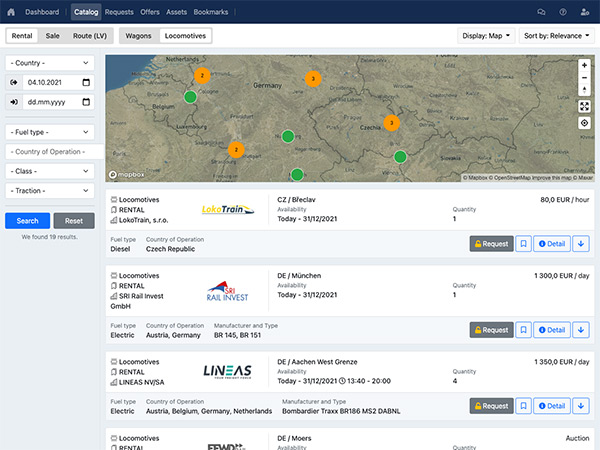Similar to the Belt and Road Initiative (also known as the New Silk Road) promoted by China, the India – Middle East – Europe Economic Corridor (IMEC) should become a network of railway lines and sea lanes helping economic growth through integration, strengthening the ties of the European Union, countries of the Arabian Gulf and India. The IMEC comprises of an Eastern Corridor connecting India to the Gulf region and a Northern Corridor connecting the Gulf region to Europe. It will include a railway and ship-rail transit network and road transport routes.
IMEC is part of a bigger initiative, Partnership for Global Infrastructure and Investment (PGII), led by the G7 countries since the summer of 2021 to counter the infrastructure efforts of China via the Belt and Road Initiative (BRI). The G7 countries include the United Kingdom, the United States, Canada, France, Germany, Italy, Japan, and the European Union (EU).
As the White House stated, “Through the India-Middle East-Europe Economic Corridor, we aim to usher in a new era of connectivity with a railway, linked through ports connecting Europe, the Middle East, and Asia.” This is also an important step for India (which recently surpassed China as the most populous country in the world) as this long-term rival of China seeks to enhance its economic footprint by closer ties to relevant markets.
At the same time, PGII expressed support for the recently-announced Lobito Corridor (also referred to as the Trans-African Corridor) connecting the southern Democratic Republic of the Congo and north-western copper-mining regions of Zambia to regional and global trade markets via the Port of Lobito in Angola.

